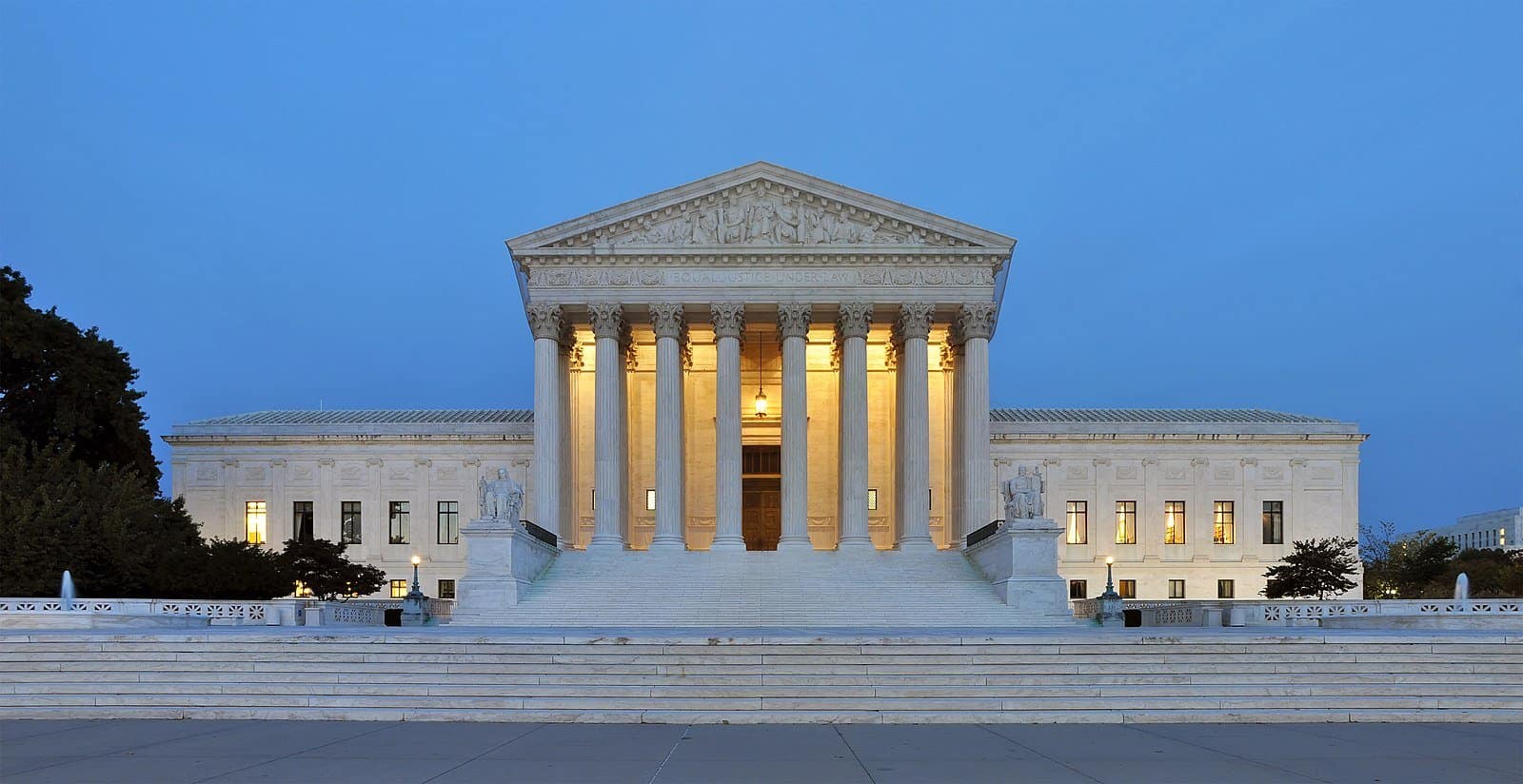
Ted Parker is a student at Harvard Law School and a member of the Labor and Employment Lab.
In today’s news and commentary, antidiscrimination scholars question the wisdom of McDonnell Douglas; the D.C. Circuit upholds an NLRB decision that the George Washington University Hospital bargained in bad faith; and New York cannabis regulators defend a state law requiring labor peace agreements (LPAs).
As Sophia reported earlier this month, the Supreme Court made headlines with its June 5 decision in Ames v. Ohio Department of Youth Services, a case whose immediate ramifications were understood to be about “reverse discrimination.” Now that the dust has settled, commentators in Bloomberg are suggesting the real import of the decision may lie in Justice Thomas’ concurrence (joined by Justice Gorsuch), which challenges the larger McDonnell Douglas burden-shifting framework used in employment discrimination cases. Notably, this challenge has been welcomed by some antidiscrimination scholars who “rarely find [them]selves in agreement with Thomas.” As these scholars wrote in an amicus brief, the McDonnell Douglas framework and the rules that have grown up around it can make it easier to throw out meritorious cases at the summary judgment stage. A paradigm with less requirements, such as the Eleventh Circuit’s “convincing mosaic” standard or the Seventh Circuit’s “evidence as a whole” standard, could help more plaintiffs survive summary judgment. Thomas’ concurrence in Ames could be very early foreshadowing for such a paradigm shift.
Meanwhile, Law360 reports that a panel for the D.C. Circuit ruled on Friday that the George Washington University Hospital bargained in bad faith with 1199SEIU in negotiations that took place from November 2016 to October 2018. Taken in combination, the hospital’s proposals (a no-strike clause, non-binding mediation instead of binding arbitration, and an expansive management-functions clause) would have left workers worse off than if they had no contract at all, “a hallmark of surface bargaining.” The belatedness of this decision, which comes nearly a decade after bargaining commenced (in which time the union was decertified), reflects a messy procedural history below. In 2021, the NLRB held that the hospital was merely engaged in hard bargaining. That decision was later vacated on the grounds that then-member William Emanuel failed to disclose that he owned shares in a mutual fund invested in the hospital. On reconsideration, the Board came out the other way. But this time the hospital alleged a conflict of interest on the part of member David Prouty, former general counsel for SEIU 32BJ. In Friday’s decision, the D.C. Circuit both affirmed the Board’s later decision that the hospital bargained in bad faith and dismissed the hospital’s objection that Prouty’s former involvement with a different SEIU local constituted a conflict of interest.
Finally, New York cannabis regulators attempt to fend off a dispensary operator’s preemption challenge to a state law requiring businesses that sell cannabis to sign LPAs. As I wrote earlier this month with respect to equivalent laws in Oregon and California, courts have yet to come to a consensus on the validity of these preemption challenges. This case may not change that, as the New York regulators’ leading argument is that the dispensary operator lacks standing because it “has no employees” (another entity employs the workers). The regulators also argue that the law is shielded by sovereign immunity under the Eleventh Amendment and that the dispensary operator has not exhausted its administrative remedies at the NLRB. Like the “unclean hands” theory John discussed, these strategies may prove more effective than making the affirmative argument that these laws are not preempted.






Daily News & Commentary
Start your day with our roundup of the latest labor developments. See all
February 20
An analysis of the Board's decisions since regaining a quorum; 5th Circuit dissent criticizes Wright Line, Thryv.
February 19
Union membership increases slightly; Washington farmworker bill fails to make it out of committee; and unions in Argentina are on strike protesting President Milei’s labor reform bill.
February 18
A ruling against forced labor in CO prisons; business coalition lacks standing to challenge captive audience ban; labor unions to participate in rent strike in MN
February 17
San Francisco teachers’ strike ends; EEOC releases new guidance on telework; NFL must litigate discrimination and retaliation claims.
February 16
BLS releases jobs data; ILO hosts conference on child labor.
February 15
The Office of Personnel Management directs federal agencies to terminate their collective bargaining agreements, and Indian farmworkers engage in a one-day strike to protest a trade deal with the United States.